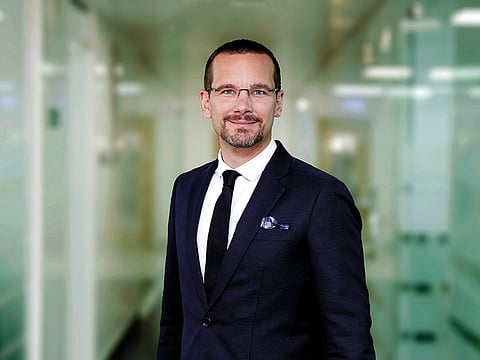Strong incentive for generic companies to invest in UAE
New health regulation for prescribing generic drugs will greatly boost the indigenous and regional pharmaceutical sector

Dubai: According to statistics from the Ministry of Health and Prevention in 2016, the UAE has over 14 indigenous pharmaceutical factories which are slated to go up to 34 by 2020. The market value of the industry stands at Dh9.5 billion with a projection of Dh25 billion by 2025.
These firms usually purchase the chemical salts from patented companies, process and package the products and market them here which makes their generic products absolutely efficacious at half the price of their branded counterparts.
The new health regulation for prescribing generic drugs will greatly boost the indigenous and regional pharmaceutical sector.
Speaking to Gulf News, Jerome Carle, general manager of Julphar, one of the most prominent pharmaceutical firms in the UAE, said: “The UAE pharmaceutical market is one of the most attractive markets in the region. The growing population and a surge in heart disease, strokes, cancer and diabetes make the pharmaceutical sector and the local manufacture of pharmaceutical products in particular, vitally important.
“By supporting generics usage, the UAE Government will ensure that patients continue to receive excellent coverage and treatment as well as high-quality products. It will also create a new incentive for generic companies to invest in the UAE. The the move will generate significant savings for patients and the UAE Government.”
Affordability for consumers
As life expectancy increases and with changing demographics of the region, there is more pressure on the health care sector on pricing and access to affordable medicines for all.
“The push for more affordable products is driving a change that we have seen in many markets, where governments are leaning toward generics usage. Patients are increasingly choosing more affordable options and are beginning to have a say in health care decisions,” he said.
Sign up for the Daily Briefing
Get the latest news and updates straight to your inbox



